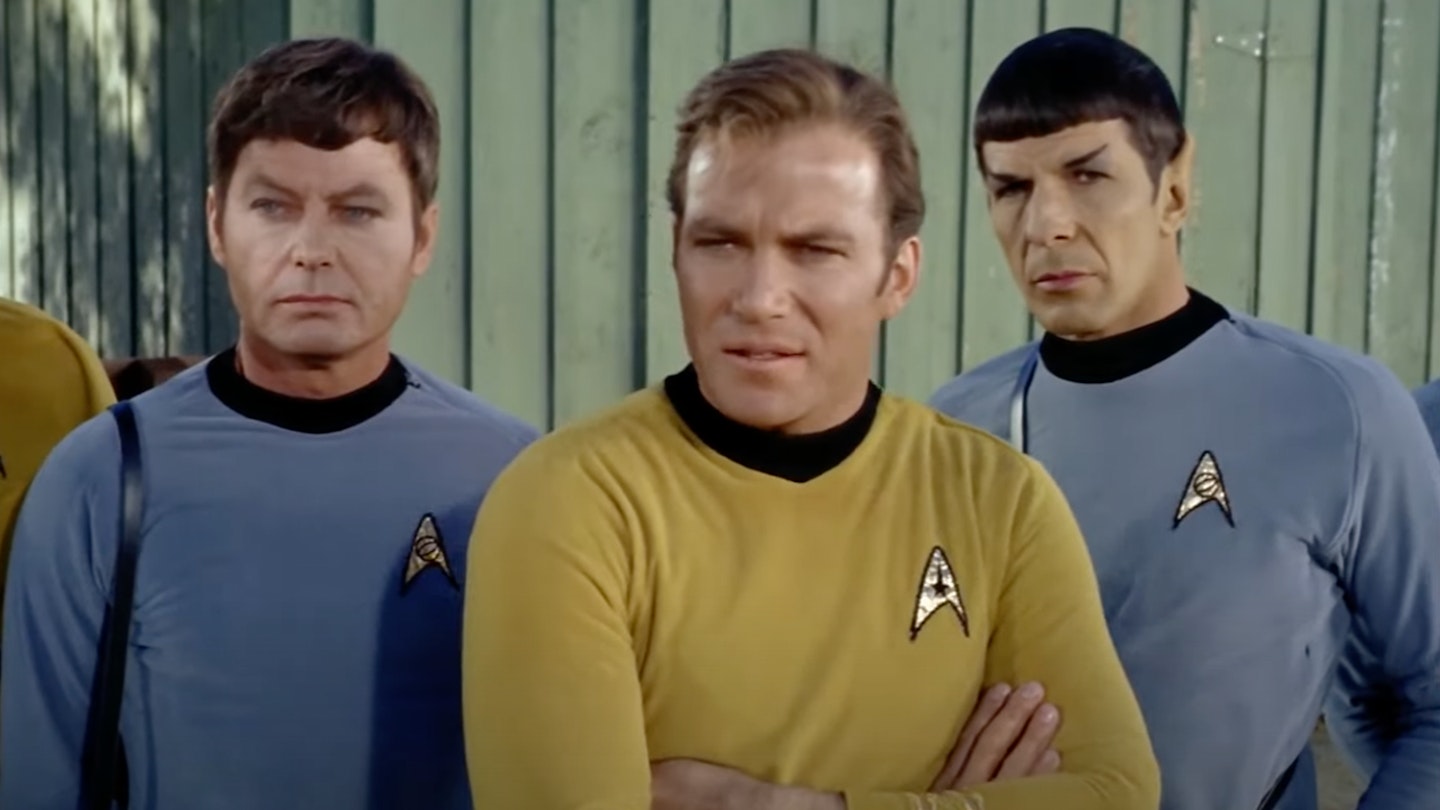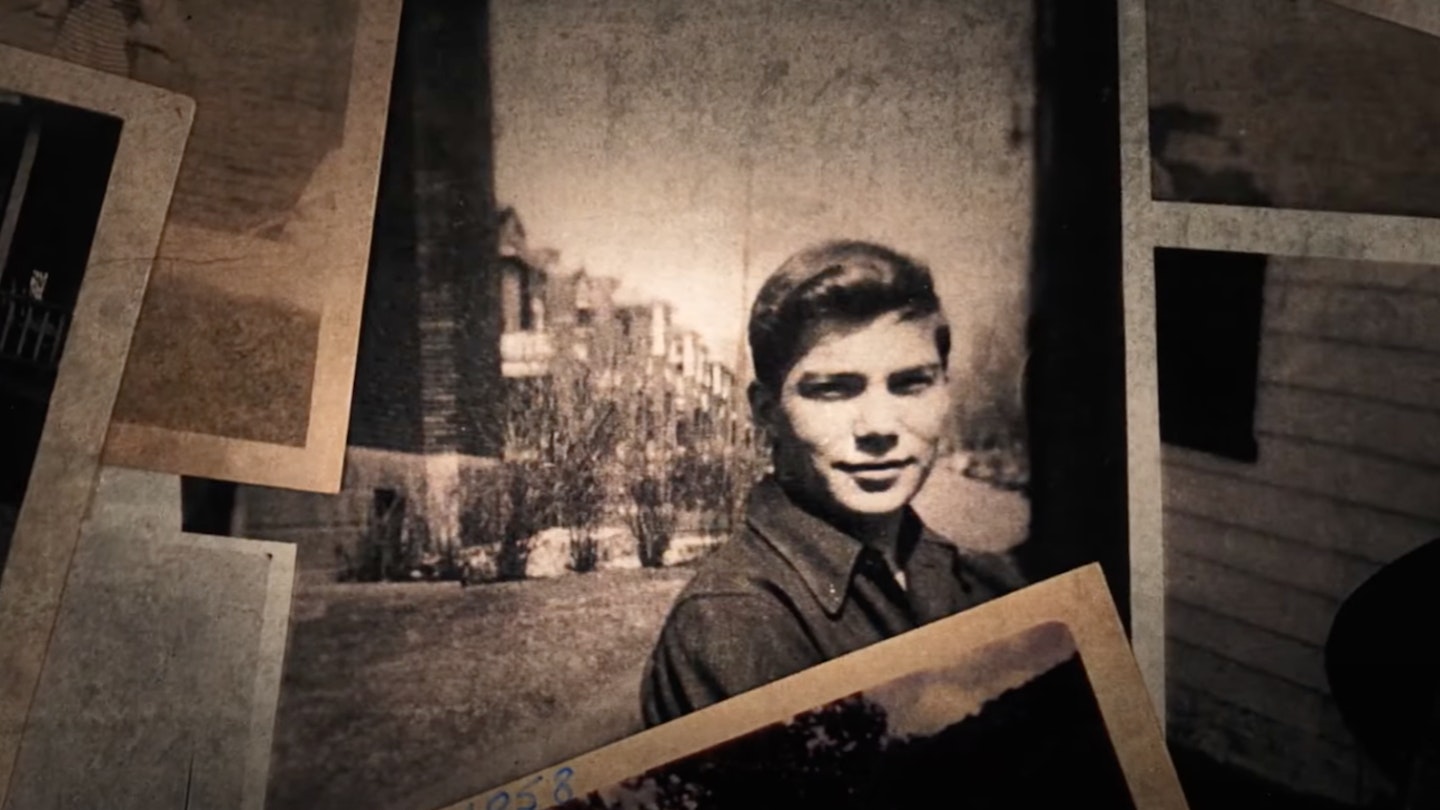Anyone expecting the usual A-list documentary fodder — wacky on-set anecdotes, salacious showbiz gossip — will come away disappointed from this 90-minute deep dive into William Shatner's life, work, wit and wisdom. Instead, You Can Call Me Bill takes the form of a meandering, stream-of-consciousness monologue, with its subject mostly sitting moist-eyed in a darkened room, pondering everything from the "exquisite agony" of evolution to the potential existence of God.
If this makes the film sound pretentious, well... it is, a little. Indeed, some of the lengthier sections, in which Shatner ruminates on death, loneliness and existential terror, are a bit like being trapped inside a Samuel Beckett novel. But the Star Trek icon is also so immensely likeable and engaging that for the most part, it's a joy to spend time in his company — even when he's earnestly extolling the "preciousness of snails".

Amid the experimentalism, some of the more traditional documentary boxes are ticked, too. We delve into Shatner's childhood love of film (his father had to forcibly yank him out of the cinema seat after back-to-back screenings of Bambi) and strained relationship with his mother, as well as his acting techniques and career highlights — from J.T. Kirk and T.J. Hooker all the way up to his recent jolly into actual space in Jeff Bezos' Blue Origin rocket.
The moments You Can Call Me Bill really comes to life are when it allows its subject to be funny.
At times, the looseness of the format is frustrating — director Alexandre O. Philippe allows Shatner's train of thought to drift unchecked, simply cutting in a vaguely relevant Star Trek clip whenever appropriate, rather than attempting to pull the actor back on course. In these moments, the philosophical flotsam and jetsam come thick and fast — some of Shatner's more hackneyed soundbites ("Live in the now", "Take care of your inner child") resemble the kind of thing you might see stitched on a cushion in a Cotswolds B&B. But among the Facebook-y aphorisms, there are real gems here, too; whether it's shockingly personal revelations (“I never really had a real friend,” Shatner claims at one point, adding, “I've been alone all my life”), or fascinating career insights, such as the actor’s disappointment with his performance for Captain Kirk’s death scene in 1994's Star Trek Generations ("I wish I’d had another take at it,” he laments, looking genuinely pained).

For all the deep talk about mortality and meaning, though, the moments You Can Call Me Bill really comes to life are when it allows its subject to be funny. For an actor so often associated with hamminess and pomposity, Shatner is brilliantly silly and self-deprecating here. He skewers ‘Method’ acting (“When you're done [for the day], you’re done — a carpenter doesn’t come home and start fixing the dinner table”), and cheerfully pokes fun at his much-mimicked ‘staccato’ speech pattern. Plus, the 2005 footage of him presenting George Lucas' AFI Life Achievement Award — ‘mistaking’ the event for a Star Trek convention in front of a giggling Harrison Ford and Steven Spielberg — is priceless.
The film could possibly have benefitted from an extra interviewee or two (Shatner’s is the only voice here) — but it’s hard to begrudge its occasional forays into navel-gazing. Shatner is such a giant — not just of science-fiction, but pop culture in general — and at 93 years old, he’s lived one hell of a life. It’s a pleasure to hear him talk so openly and honestly about it.
